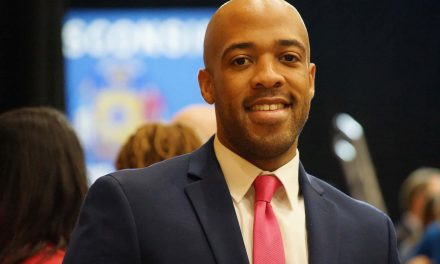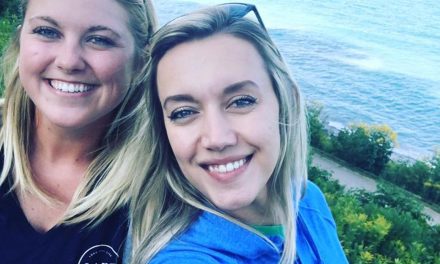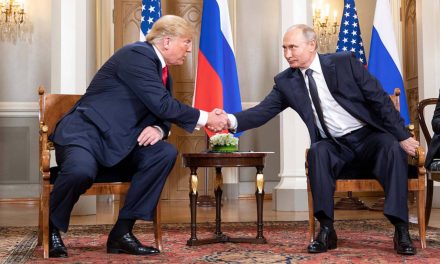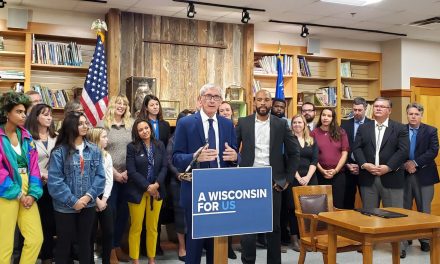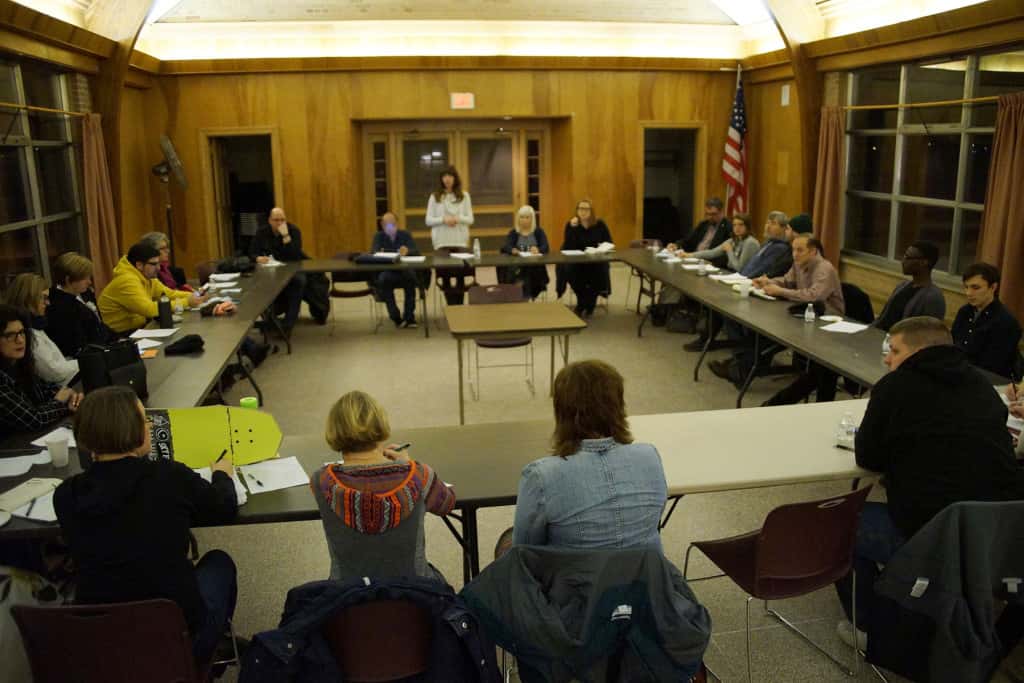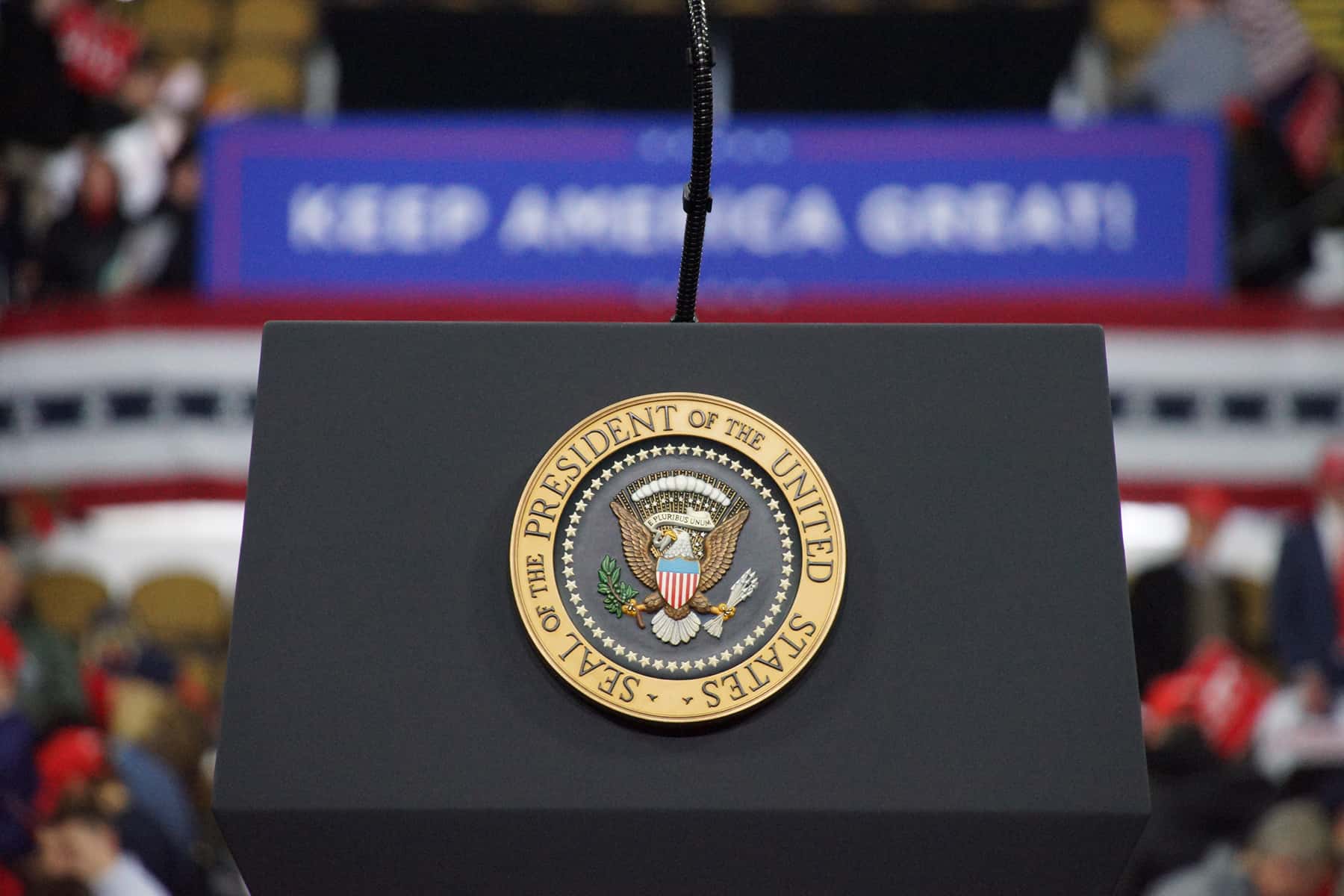
Republicans decided on January 7 to place only President Donald Trump’s name on Wisconsin’s primary ballot this spring, making it a challenge for any long-shot GOP candidates to run against him in the state.
A committee made up of Republicans and Democrats met with state election officials in the state Capitol to decide which candidates will be listed on the April 7 primary ballot. The Republican committee members submitted only Trump’s name, and he was approved on a unanimous voice vote.
The Democratic committee members submitted 14 candidates, including Joe Biden, Michael Bloomberg, Bernie Sanders, Amy Klobuchar and Elizabeth Warren. They were all approved on a unanimous voice vote, as well.
The Republican move freezes out any other GOP candidates, including former Massachusetts Governor Bill Weld and former Illinois Representative Joe Walsh.
Walsh tweeted after the committee vote that Republican Party bosses are trying “to protect their King. This isn’t Russia. This isn’t China. This kind of un-American (expletive) shouldn’t happen here.”
Wisconsin Republican Party Chairman Andrew Hitt told reporters after the meeting that Weld and Walsh have failed to get on primary ballots in a number of other states, making them “less relevant” in Wisconsin.
Hitt pointed out that they could still get on the ballot without the committee’s approval. Under Wisconsin law, candidates who were not selected can force their way on if they submit 8,000 nomination signatures by January 28.
Trump’s allies have been working for months to clear the primary field across the country for the president in the face of challenges from dark horse candidates.
The Minnesota GOP, for example, plans to list only Trump on its March 3 primary ballot. Republicans also have canceled primaries in a number of states, including South Carolina, Nevada, Arizona and Kansas, to clear the field for Trump and consolidate support.
Such moves are not unprecedented, but they are not common. Republicans and Democrats canceled contests to protect their incumbents across up to 10 states in 1992, 1996, 2004 and 2012.
Placing only Trump on Wisconsin’s Republican primary ballot also could hurt conservative state Supreme Court Justice Dan Kelly’s re-election chances.
Kelly faces liberal-leaning challengers Jill Karofsky and Ed Fallone in a three-way primary on February 18. The top two-voter getters will advance to a general election April 7, the same day as the state’s presidential primary. Now that the field has been effectively cleared for Trump, conservatives could decide to skip the polls that day. That, in turn, would mean fewer votes for Kelly.

